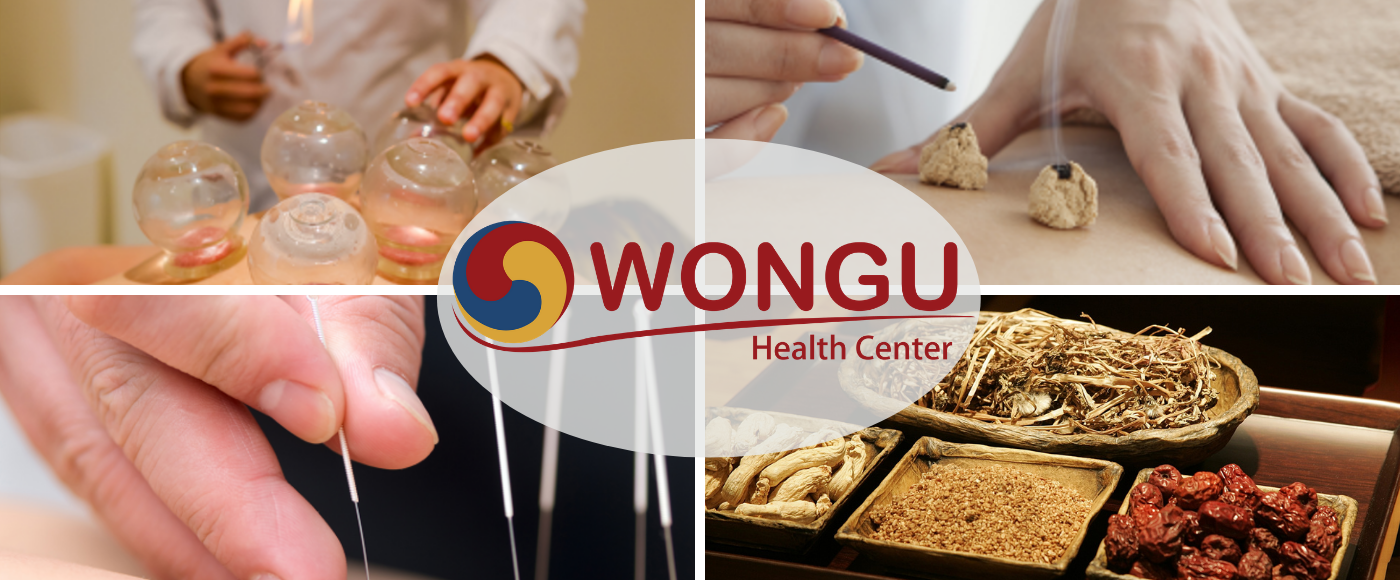Treatments
Oriental medicine has been used for thousands of years to prevent, diagnose, and treat diseases. Oriental medicine physicians gather relevant information including specific symptoms and general characteristics to form a perspective of the “pattern of disharmony” or imbalance in a patient’s body. The patterns provide a framework for treatment, which is an attempt to bring the patient’s qi (energy) and blood flow into balance and restore harmony. Acupuncture treatments may include electrostimulation, herbal prescriptions, diet recommendations, cupping, moxibustion, gua sha, tui na, and recommendations on tai ji or qi gong exercises.
All treatments in the master’s clinic are performed by 3rd and 4th-year graduate students under the supervision of a highly trained faculty supervisor. The Wongu Health Center offers the following treatments:
Acupuncture
Acupuncture is the insertion of very thin needles into specific points on the body to stimulate the flow of qi (energy) and blood that nourish and strengthen the body and rebalance bodily disharmonies. Acupuncture is the primary treatment and other modalities listed below may be added depending on the diagnosis.
Cupping
Cupping therapy places suction cups or glass cups on the skin to promote blood circulation and draw out toxins from the muscles, thereby relieving tension and pain.
Moxibustion
Moxibustion is the application of heat from burning substances along the points of the body. The primary heating substance is the mugwort herb (Artemisia) which affects the flow of qi (energy) and blood to warm what is cold, reduce what is excessive, circulate what is stagnant, and balance what is deficient.
Herbal Treatment
The science of herbs is central to Oriental medicine. Perceiving a pattern of disharmony, the Oriental physician chooses a prescription from a repertoire of over 500 common classical prescriptions. Herbs are seldom used singly; usually combined in prescriptions containing five to fifteen substances. Most commonly, herbs are decocted into a tea, but pills, powders, tinctures, and poultices are also used. The Wongu Health Center Herbal Dispensary carries over 300 herbs that fulfill a multitude of herbal prescriptions.
